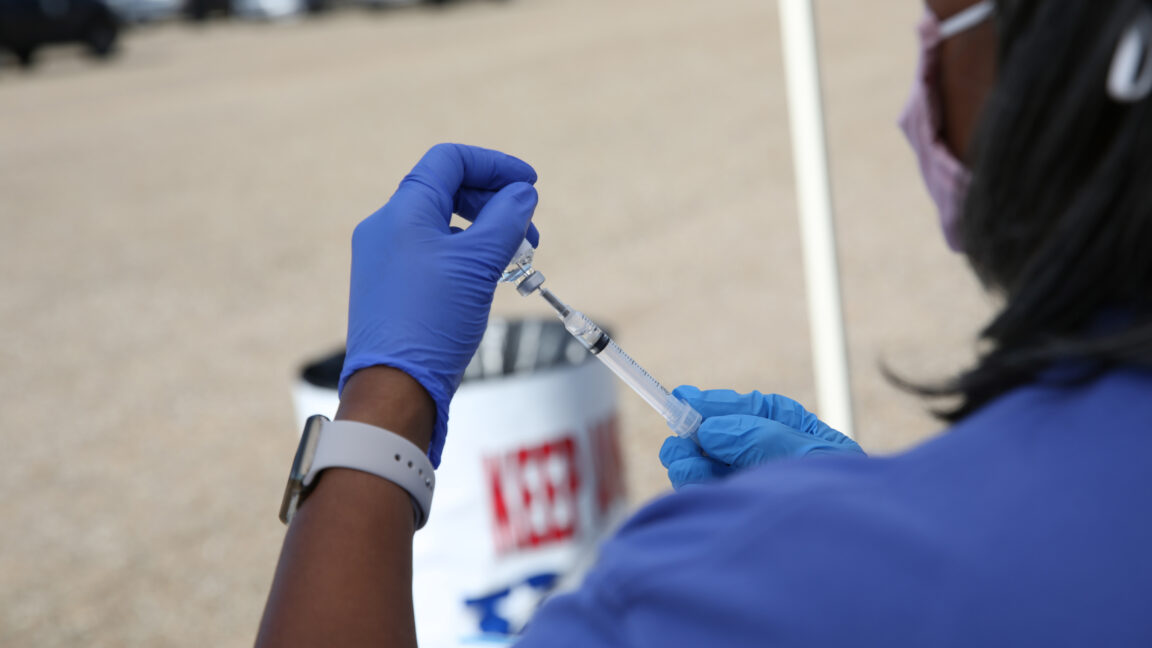Spice Recall in 15 States Over Lead Contamination Fears

A brand of five spice powder has been recalled due to potential contamination with a dangerous heavy metal: lead.
The "Yu Yee, Five Spice Powder" was voluntarily recalled by the firm Summit Import Corporation on December 10 last year, and has now been given a "Class II" risk level by the U.S. Food and Drug Administration (FDA) on January 14.
Class II risk levels are set when "use of or exposure to a violative product may cause temporary or medically reversible adverse health consequences or where the probability of serious adverse health consequences is remote," the FDA explains.
Class II is the second-most extreme risk level, with a Class I being issued for products recalled for more dangerous issues. These are given when "there is a reasonable probability that the use of or exposure to a violative product will cause serious adverse health consequences or death."










